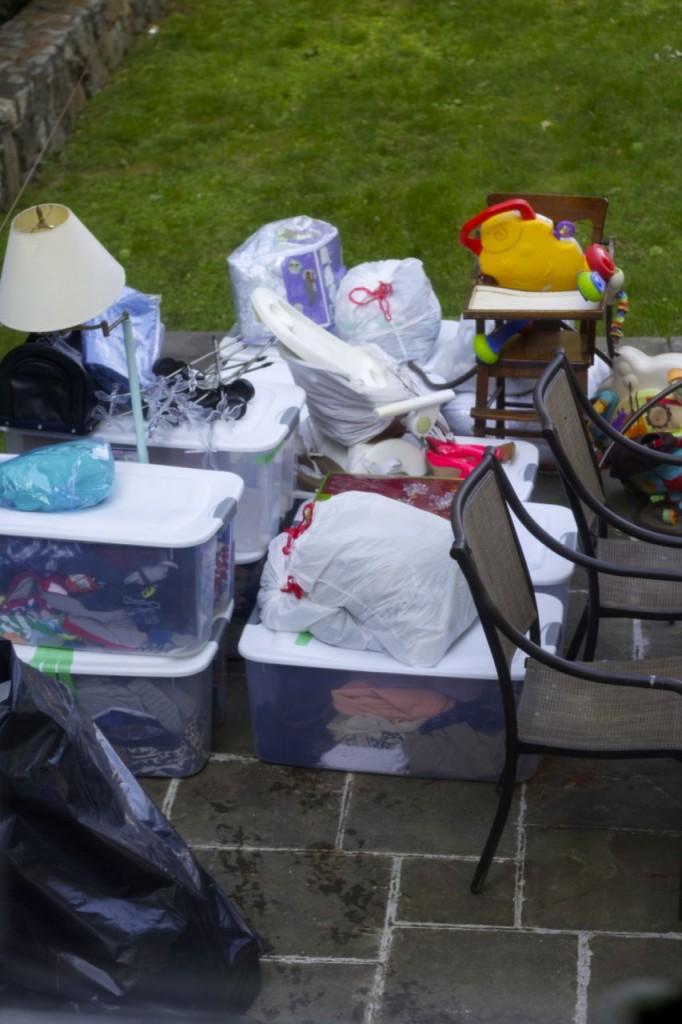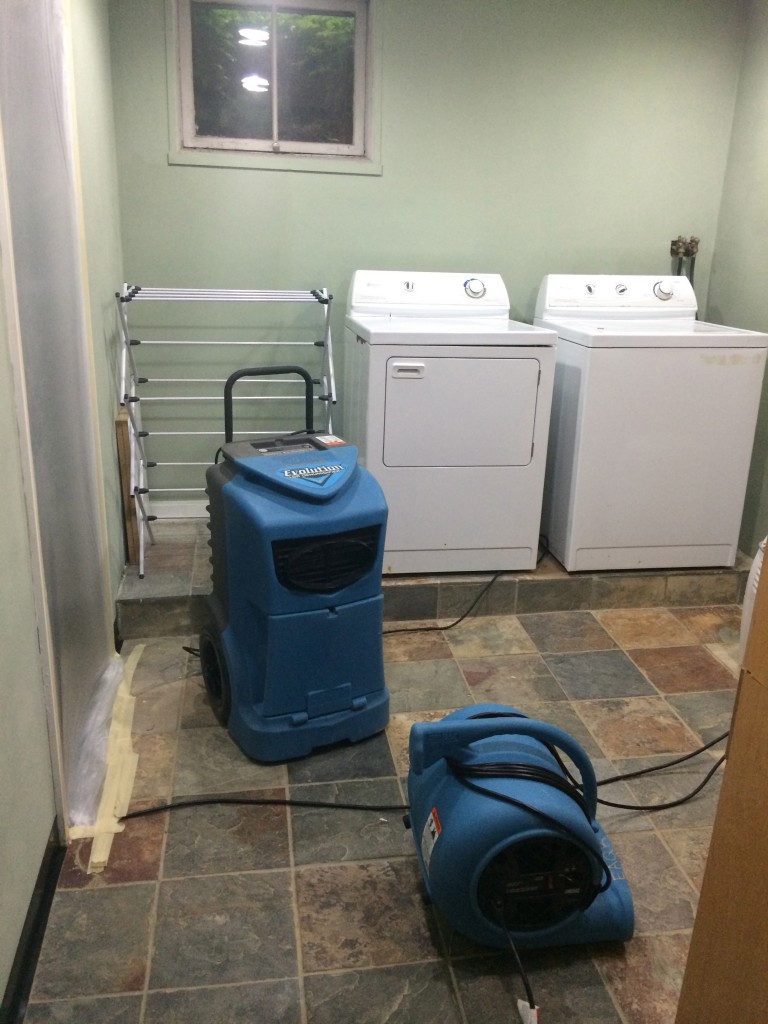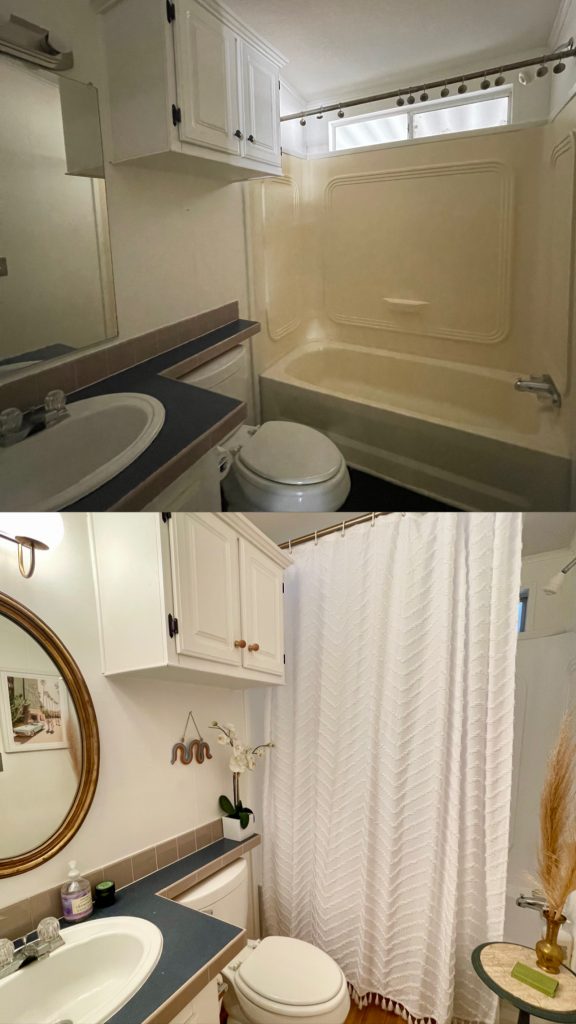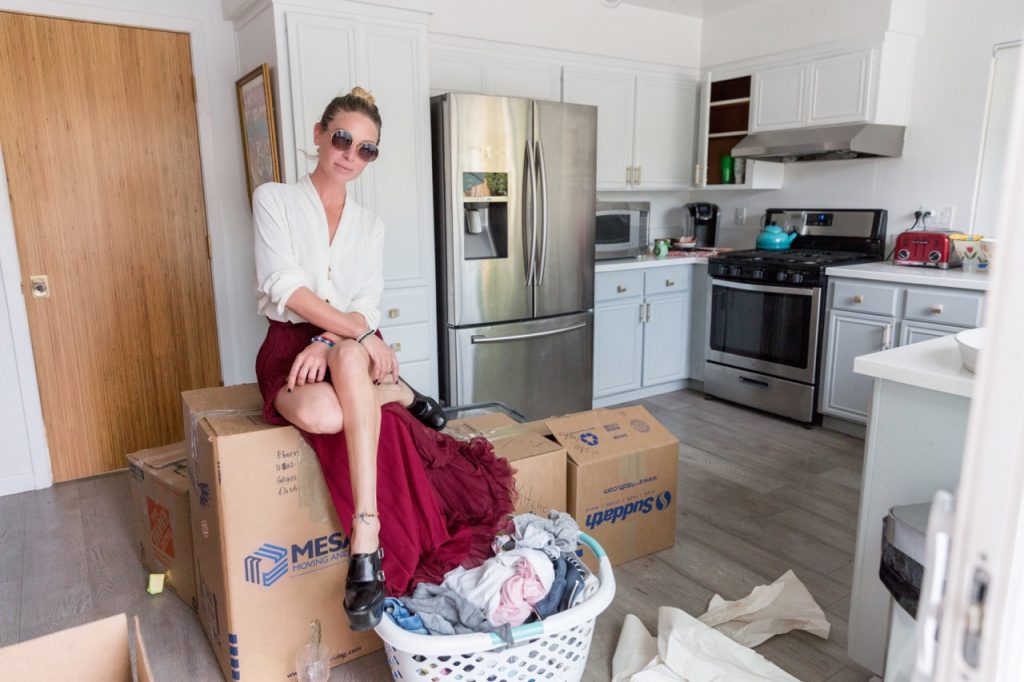
Seriously?
OK, so that was no fun at all. Or rather “continues to be” no fun (I’m still mid-dealing-with it; there are a ton of fans running in our basement, I’ve only just begun the claims process to try to get back some of the money we’ve lost on this, and there are some items – vacuum, baby stuff – I’ll need to run out and replace before I can get on my flight).
I honestly wasn’t even going to write about this, both because it’s kind of gross and I wasn’t sure anyone would be in the mood to read about broken sewer pipes over their morning coffee, and because it’s getting sort of embarrassing, the amount of commotion that my life has involved lately (website hackings! fights with enormous national corporations! last-minute cross-country moves! anxiety!). I’m starting to worry that I sound like one of those people who manufacture their own drama, just to keep things interesting.
I promise: I would vastly prefer to be writing about, like, summer sandals today. A little less in the way of personal crises would be welcome.
So anyway, I wasn’t going to even mention this – I was just going to deal with it and return to the other major life upheaval that is the primary topic of discussion at the moment (having a baby three thousand miles away) – but then I realized: there’s a neat side-effect whenever a Life Disaster-type thing happens, and it’s that I have to figure it out. And since I’m starting from a base knowledge level of literally zero when it comes to things like backed-up sewer pipes and flooded basements, that’s a lot of figuring.
The cool thing that I’ve discovered: even though dealing with these kinds of massive, unprecedented (to me) issues really does capital-s Suck and take hours (days, weeks) to deal with…figuring it out is always possible, and always sends me out on the other side equipped with more knowledge to handle the next thing that comes up (because it will). Now, for example, I know the first name of the guy who runs the Public Works Department (information that I suspect will come in handy from time to time) and the exact location of our sewer drain (information that I didn’t especially want to know, but am now happy that I do).
So, in the event that something like this happens to you…here’s what I learned.
The stuff we could salvage, being sterilized on my lawn.
(This is literally the only not-too-disgusting-to-post photograph I took yesterday.)
1. If you see water in your basement, step one is to call your town’s Public Works Department and find out if they can shut down the main water line, in case that’s the source.
2. If the Public Works Department comes, they should be able to tell you where the flood is coming from (although the guys who came to my place turned out to be wrong; I had to call in my own plumber to determine that the source was a blocked sewer pipe in the street, not in my own house). If the problem lies with public property or property that you don’t personally own, the town or your landlord will deal with it. If the problem lies with your property, you’ll need to hire (and pay) an independent plumber.
3. If what you’re dealing with is “black water” (sewage), this is bad. It basically creates an enormous health hazard and results in more or less everything it touches needing to be thrown out or massively deep-cleaned. This is not a situation you’ll be able to handle yourself – specialists are expensive, but they’ll have the equipment and know-how that you need to keep your house safe – so just resign yourself to making that call with the knowledge that you’ll (probably) recoup at least part of your money later.
4. Keep careful records from the moment you notice an issue: notes about and photos of all the damage. If you hire a specialty cleaning service they may provide you with a report detailing the lost property (with photos), but it’s always good to have your own backup.
5. Now, about who’s paying for all this: if the problem didn’t originate on your own property, you’ll want to file a claim with your Public Works Department (or landlord) – this is where all those records you kept come in handy. If they won’t pay up, you have two options: pursue legal action, or just work with your insurance (but know that that’ll mean that you likely have to pay an out-of-pocket deductible and will have an “incident” mark on your record that may make future insurance claims more of a hassle). We’re looking at about $3k for the cleaning and an additional $3k in property damage (everything from a queen-sized bed to a couple of our a/c units to my vintage coats to things I had been storing for the baby, like a playmate and a bath seat, are gone), so I’m going to hope the town pays, and then try to recoup money from insurance if they don’t.
– Experts Are Sometimes Worth The Expense. My instinct is usually to try to handle problems like this on my own to save money and to prove that I “can”, but since I’m pregnant and really can’t be handling chemicals or sewage, I had no option. This ended up being a good thing, because it taught me that there are some situations where it’s really best to just step aside and let the professionals do it: there is enormous peace of mind associated with having a team of people come in and say, “Don’t worry, we’ve dealt with hundreds of these cases, once we’ve left you won’t have to worry about a thing.” DIY only goes so far.
Our basement was a horror show less than 24 hours ago, and now it is cleaner and drier than it has been in years. This is the difference a professional team makes.
– A Little Foresight Can Make A Big Difference. When we first moved in, we noticed that our basement seemed a little damp and ordered a dehumidifier and a whole bunch of big plastic storage cubes. These storage cubes ended up saving things like my winter sweaters and our son’s baby clothing (thank god; that’s the one thing that would have really devastated me). I also moved my videographer’s very, very expensive camera equipment out of my basement just three days ago, out of fear that “something” might happen to it while I was gone (I didn’t anticipate a flood, but man, am I happy that little you-never-know alarm went off in my head). If you have a storage area, make sure everything is stored in waterproof containers, that important items (electronics, etc) are elevated off of the floor, and that you have decent drainage. Oh yes: and insurance.
– It’s Just Stuff. It’s a cliche, but a true one. It’s always upsetting and invasive and overwhelming when your personal property gets destroyed, but it is also so important to remember that worse things could almost always have happened. Stuff can be replaced, and the stuff that can’t be replaced is just…stuff. It hurts to lose, but it pales in comparison to the safety of the people you love. If you have that, the rest is just paperwork and time.
– In The Morning, Things Are Always Better. Speaking from experience.






